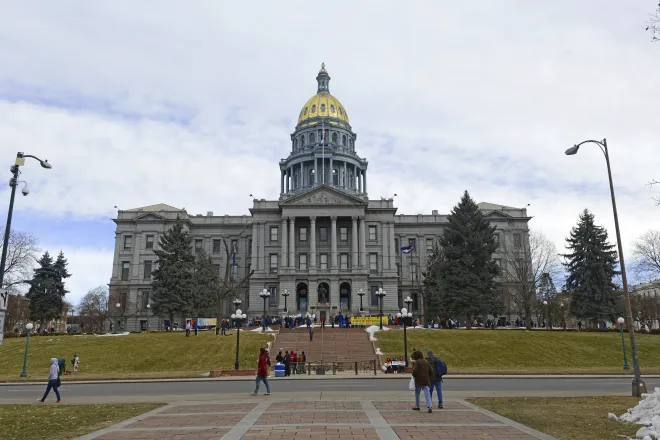
New bill seeks to lift Colorado's rent control ban
(The Center Square) – Colorado Democrats introduced a bill this week to repeal the state’s ban on rent control.
The bill, which would allow local governments to implement their own rent control measures, has its critics in the housing industry who argue rent control would negatively influence the availability of affordable housing.
House Bill 23-1115 was introduced on Monday and sponsored by Reps. Javier Mabrey, D-Denver, Elizabeth Velasco, D-Glenwood Springs, and Sen. Robert Rodriguez, D-Denver. It was assigned to the Transportation, Housing and Local Government Committee, which is scheduled to meet at 1:30 p.m. February 15.
The Colorado Apartment Association, a trade group representing rental owners and developers, released a statement critical of the measure Tuesday.
“Everyone in Colorado is deeply concerned about a shortage of attainable housing throughout the state,” Drew Hamrick, general counsel and senior vice president of government affairs for the group, said in a statement. “While perhaps well-intentioned, allowing cities to enact rent control will only cause housing to cost more and be less available, compounding the problem instead of solving it. Rent control has failed everywhere it’s been tried.”
In 2019, Senate Bill 225, also sponsored by Rodriguez, would have repealed the statute prohibiting rent control, but it failed to advance to the House before the end of the legislative session.
“Colorado’s prohibition against local governments enacting rent control ordinances for more than 40 years is both a recognition of the damage rent control can do to available housing and also an understanding that one local government’s housing policy can negatively impact neighboring communities,” Hamrick said of this year's bill. “If Denver enacts rent control and builders decrease new housing units in Denver because of it, the cost of housing in all the surrounding municipalities will be driven up because of it. People in Aurora and Westminster will end up paying more for housing because their neighbor artificially reduced supply with the rent control ordinance.”
Approximately 98 percent of Coloradans live in a county with an aggregate housing supply shortage, according to a report published last year by the Common Sense Institute. Between 46,600 and 72,600 permits are needed annually during the next two years to close the statewide housing supply deficit and meet the demands of future population growth.
Research by the National Low Income Housing Coalition found a shortage of affordable rental homes available to extremely low-income households, defined as those with incomes at or below the poverty guideline, or 30 percent of the area median income.
“Severely cost-burdened, poor households are more likely than other renters to sacrifice other necessities like healthy food and healthcare to pay the rent and to experience unstable housing situations like evictions,” according to the National Low Income Housing Coalition website.
Hamrick added that lawmakers need "to focus on policies that encourage the creation of more housing units."
"Multifamily units are a particularly useful means of dealing with our housing shortage because they are more energy-efficient, require less land, are less expensive and allow people to live closer to where they want to live and therefore drive less," he said.

















